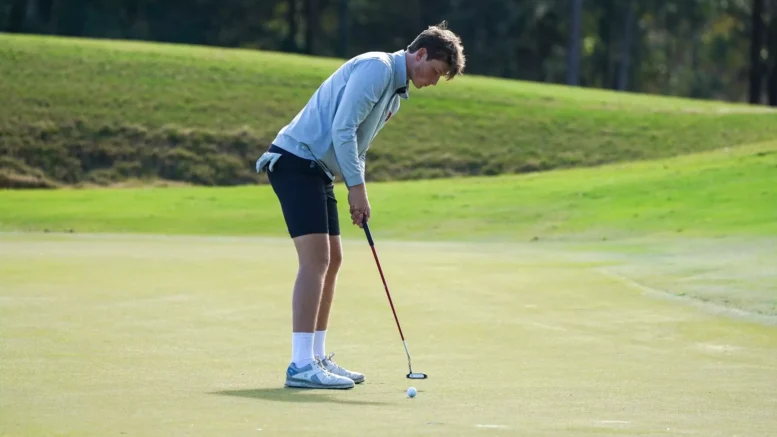By Roo Fenwick
I was just a 12 year old boy when I got an injury, a bad one. One that led to an operation that would end my love for the sport that was my life.
What did my coaches have to say about that? “Man… it’s up you…”
The relentless condescending comments and bullying tactics to “toughen me up” from players and coaches at a young age was simply too much. It took a major toll on my mental health. I only realize now as I have grown up how it truly affected me.
I found that the Scottish football Youth Development from a young age was highly invested in “toughening me up”. Whilst I appreciated it, I hated it at the same time. I was immature and didn’t have the assertiveness skills to say no. I felt trapped.
I did not want to let people with minimal importance ruin my chances of being successful in sport. So, I didn’t let that happen. I worked harder in a sport that has given me so much happiness and opportunity.
The inspiration of being a professional athlete is a dream that many young kids have. I was no different, however, what goes on behind the scenes is rarely openly discussed but can be seriously damaging.
It is well documented that playing competitive sports at a young age can have many effects on mental health. There are many positive connotations that I fully believe in. For example: playing outdoors, making friends and being in a competitive environment are essential components for character building and learning experiences.
I have seen so much talent throughout my life in several sports, and have recognised success is a pyramid system where only the mentally toughest prevail.
I still have close contact with my soccer friends, and we share similar experiences of the nonstop pressure, long journeys and vomiting before games. We all agree that the negative effects of high level youth performance ruined our love for the sport.
I am a believer in harsh realities and as I have matured, I am now resilient enough to take criticism on the chin, whether that now be in my golf career or as a college student. I think somehow soccer taught me that.
Psychology studies show that positive reinforcement is the ultimate way to get the best results out of people. These studies, however, do not venture into the tough reality of the sporting world. The best coaches and captains I have ever seen have shouted at me, screamed at me, yet simultaneously motivated me to prove myself.
In my opinion, there is just such a discrepancy in good and bad communication across all levels and ages in sport. I am aware of so many people giving up the sport they love, including myself because of the extreme pressure we were put under at such a youthful age.
Perhaps this level of pressure to perform in a team prompted me to pick up golf which I now play collegiately in the U.S., which is essentially an individual sport. Who could blame me now? I had no outside influences shouting at me, telling me how bad I am or that I should quit the game. It was purely up to me, and I proved a lot of people wrong.

The solution to an issue like this is far broader than what it may seem. I am not saying for a second that all coaches should be soft, but finding a level of balance to get the most out of each player is something that can be solved from the roots of all coaching philosophies.
I will never know if the mental hardship I had to deal with during my youth years in soccer truly has helped or hindered my golf game now, or even who I am as a person. Though I will never know for sure, I think the mental resilience I developed during those tough pre teenage years has helped me become stronger and have more balanced and assertive relationships with current coaching staff.
Reflecting back, I have taken so many positives from my childhood experiences and I know the valuable lessons I learnt built character. However, I know the level of pressure that occurs in youth sports these days and how it can have a detrimental effect on mental health problems moving forward into adolescents, just like it did for me when I went down with that injury all those years ago.




Be the first to comment on "Rising Pressure in Youth Sports is Getting Out of Hand"